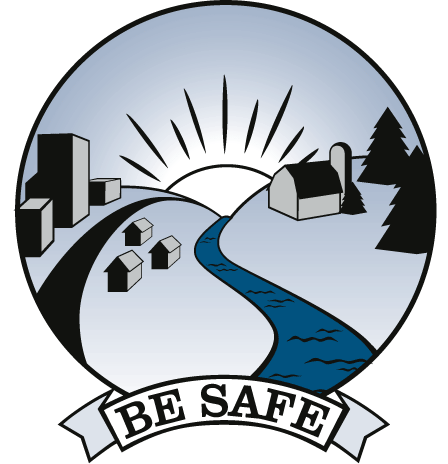![]()
![]()
![]()
Zero Waste
We Can Eliminate Waste

What is Zero Waste?
Zero Waste is about redesigning the way our society uses resources to eliminate waste and safely return products back to nature or the marketplace. Americans buy more mass produced and packaged goods than they did a few decades ago, and the waste is piling up. Instead of a use-it-up, throw-it-out mindset, Zero Waste takes the viewpoint that waste is not inevitable, but is the result of bad design and decision-making. Zero Waste promotes a dramatic shift in how we value and manage our natural resources. [Lombardi] It can be achieved through policies that promote producer responsibility, end subsidies for wasteful practices, and ensure products are designed to be reused, repaired, or recycled.
Why Recycling Is Not Enough
The success of recycling programs across our country�more people recycle than vote�shows that people are not the problem. [Connett] Even with 100 million Americans doing their part to recycle, 71 trash cans of wasted resources were used to make what is thrown out as garbage in one trash can set out at the curb! According to industrial ecologist Robert Ayres, only 1% of material goods are still being used within six months of entering the market in North America. And every trash can of garbage takes products out of circulation so virgin resources have to be mined or harvested to replace them�at three times the expense! A 1999 report by the GrassRoots Recycling Network and other groups found subsidies to US industries will cost taxpayers $13 billion over 5 years to pay these industries to use virgin resources and dispose of their waste.
Growing Support for Zero Waste
Most waste in the US today is still buried in landfills or burned in incinerators�options with many health consequences and problems. (See Landfills and Dioxin Brochures). But there is a major change underway in how the world thinks about �putting out the trash�. In Australia, New Zealand, and California, communities have committed to achieve Zero Waste over the next 20 years. In the United Kingdom, landfill diversion programs are receiving substantial funding, and the European Union is working to ban organic chemicals from landfills. Thirty nations have already put �Take Back� laws in place that make industry responsible for managing their used up products and packaging (See Extended Producer Responsibility Brochure). [Lombardi]
BE SAFE: Take Precautionary Action To
Protect Our Environment By
Redesigning Products With
Zero Waste